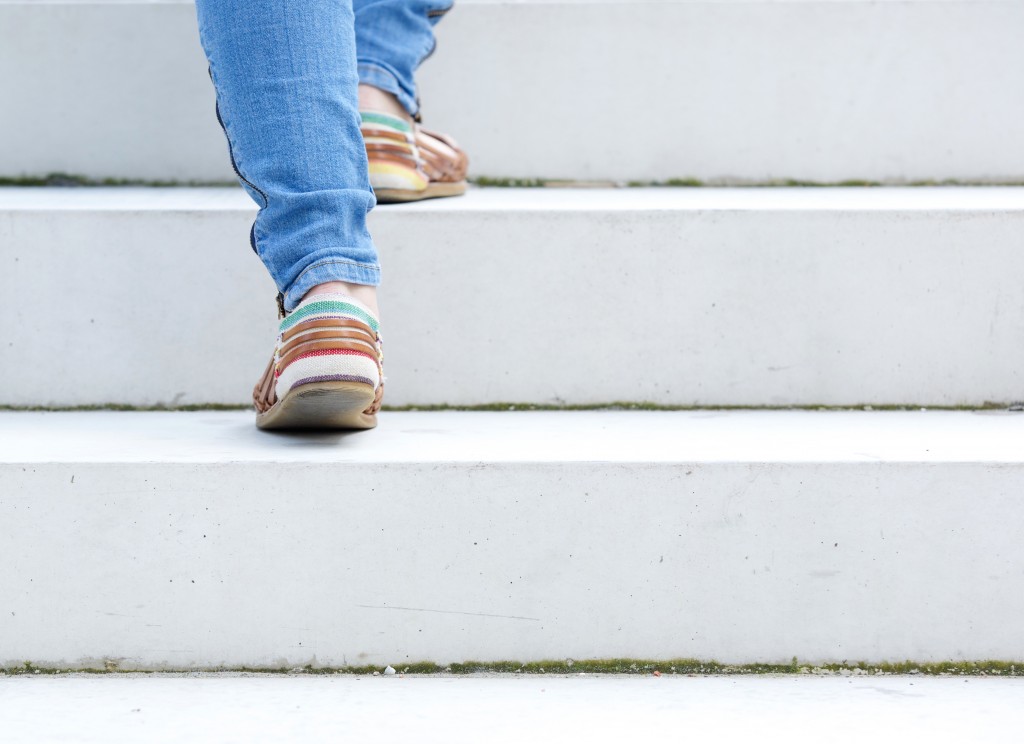We now know that covid-19 spreads via indirect and direct respiratory droplets contact. Thus, most people in the world have adopted preventive measures to control the spread of the disease. These include self-isolation, social distancing, wearing personal protective equipment, and various disinfection protocols.
The problem is that not all people can stay at home, and many people still need to work. Others also need to go out to buy essential supplies. Shoes are among the most common contact points in public locations. Therefore, people who go out have an increased risk of bringing harmful pathogens and viruses into their homes.
Why Is Shoe Disinfection Crucial?
A study by the Centers for Disease Control and Prevention found that shoes could carry the coronavirus. Although the study’s location involved the general ward and ICU of a hospital in China, it’s still best to take additional precautions with their shoes even outside medical settings to help prevent the spread of coronavirus and lower the risk of possible contamination.
Covid-19 usually spreads via respiratory droplets in the air when a coronavirus-positive individual sneezes or coughs. The virus’s lifespan differs based on the surface type and could change depending on humidity and temperature. Fortunately, with footwear, disinfection is fairly easy to do.
How Should You Disinfect Your Shoes?

Footwear can carry viruses and become infectious for a couple of hours This holds particularly true for shoes worn in crowded places like public transport and grocery stores. Considering what science knows and still don’t know about covid-19, it’s best to follow these tips for disinfecting and cleaning footwear:
- Wipe down the shoes’ soles and exterior surfaces with antibacterial wipes or cleaning rags and a disinfecting solution.
- Wear disposable gloves when handling things that may be contaminated, including when cleaning your shoes. Throw the gloves away when you’re done disinfecting. When using reusable gloves, make sure to keep them in a separate container until laundry day.
- Use detergent and hot water for cloth or machine-washable footwear. Use the “sanitize” setting if your machine has it.
- If you don’t use gloves, refrain from touching your face and always wash your hands right after cleaning potentially contaminated surfaces or things.
Also, consider storing shoes outside the house. Remember that the bottoms of footwear could be potent vehicles for spreading germs. You can also choose a pair of shoes for going out that are easy to put on and can be left outside your house.
Storing commonly used footwear in a separate place in your home, like a garage or porch, or on shelves by your front door is an easy way to isolate pathogens that your shoes may be harboring. Don’t forget to disinfect your floors regularly as well, even if you don’t wear shoes inside your home. This is especially vital if you have younger kids who play on the floor or if you walk around the house in your bare feet.
Besides disinfecting your shoes properly, always wear a mask, and practice social distancing when going out to avoid being a covid-19 statistic.

